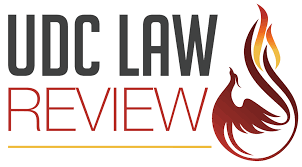
Abstract
Fifty years ago, President Lyndon B. Johnson launched a "War on Poverty" while delivering his first State of the Union address on January 8, 1964. His language conveyed ambitious plans to recreate American society:This budget, and this year's legislative program, are designed to help each and every American citizen fulfill his basic hopes-his hopes for a fair chance to make good; his hopes for fair play from the law; his hopes for a full-time job on full-time pay; his hopes for a decent home for his family in a decent community; his hopes for a good school for his children with good teachers; and his hopes for security when faced with sickness or unemployment or old age. Unfortunately, many Americans live on the outskirts of hope-some because of their poverty, and some because of their color, and all too many because of both. Our task is to help replace their despair with opportunity. Ultimately, Johnson's vision for a "Great Society" resulted in several pieces of significant legislation. The Economic Opportunity Act of 1964 was the primary War on Poverty bill, but other pieces of Great Society legislation also worked to the benefit of low-income people in areas such as education, employment discrimination, and healthcare.2
First Page
78
Recommended Citation
Joy Moses,
Revisiting The War on Poverty: How Policy Can Better Shape The Income and Wages of Families With Children,
18
U.D.C. L. Rev.
78
(2015).
Available at:
https://digitalcommons.law.udc.edu/udclr/vol18/iss1/4

